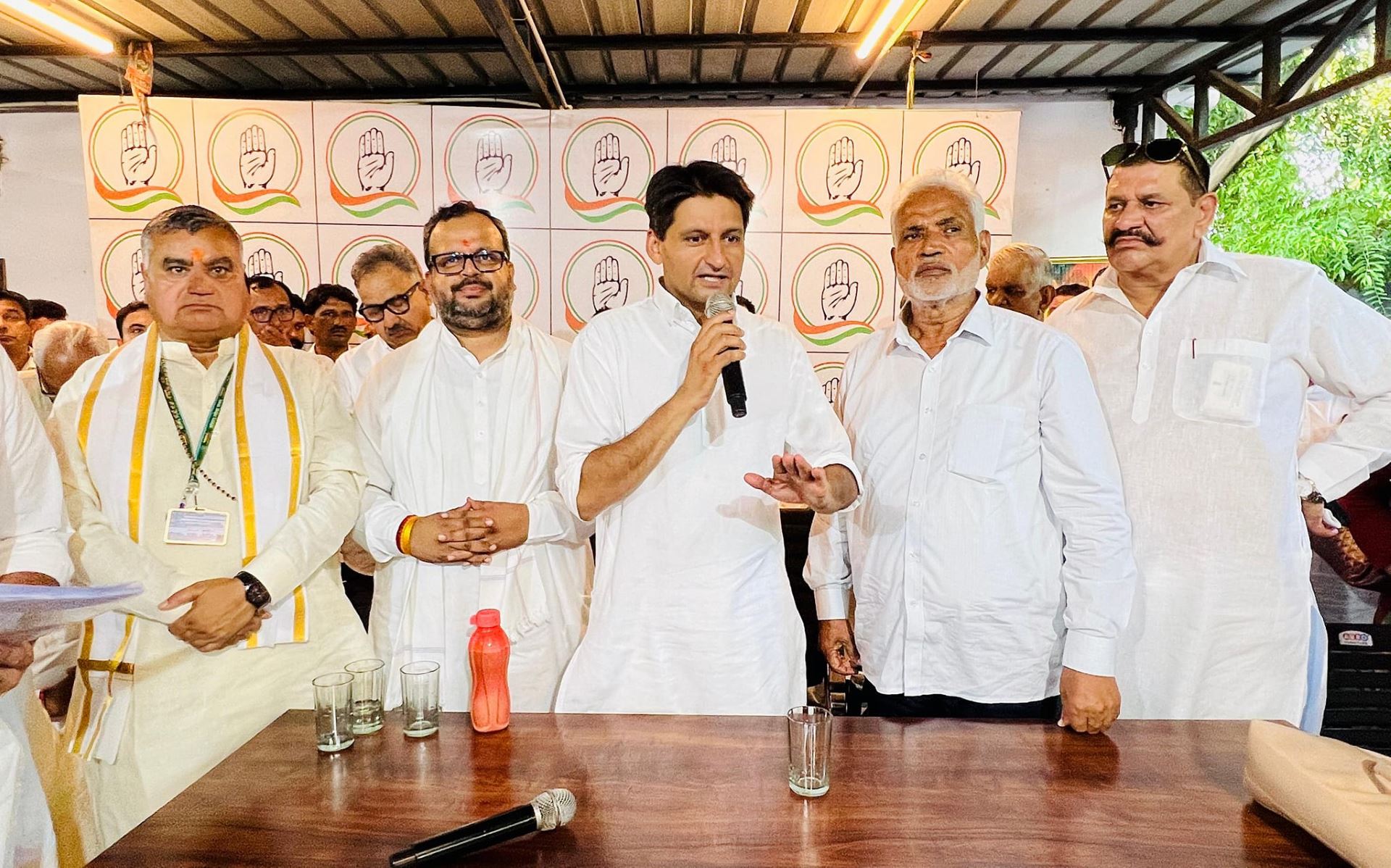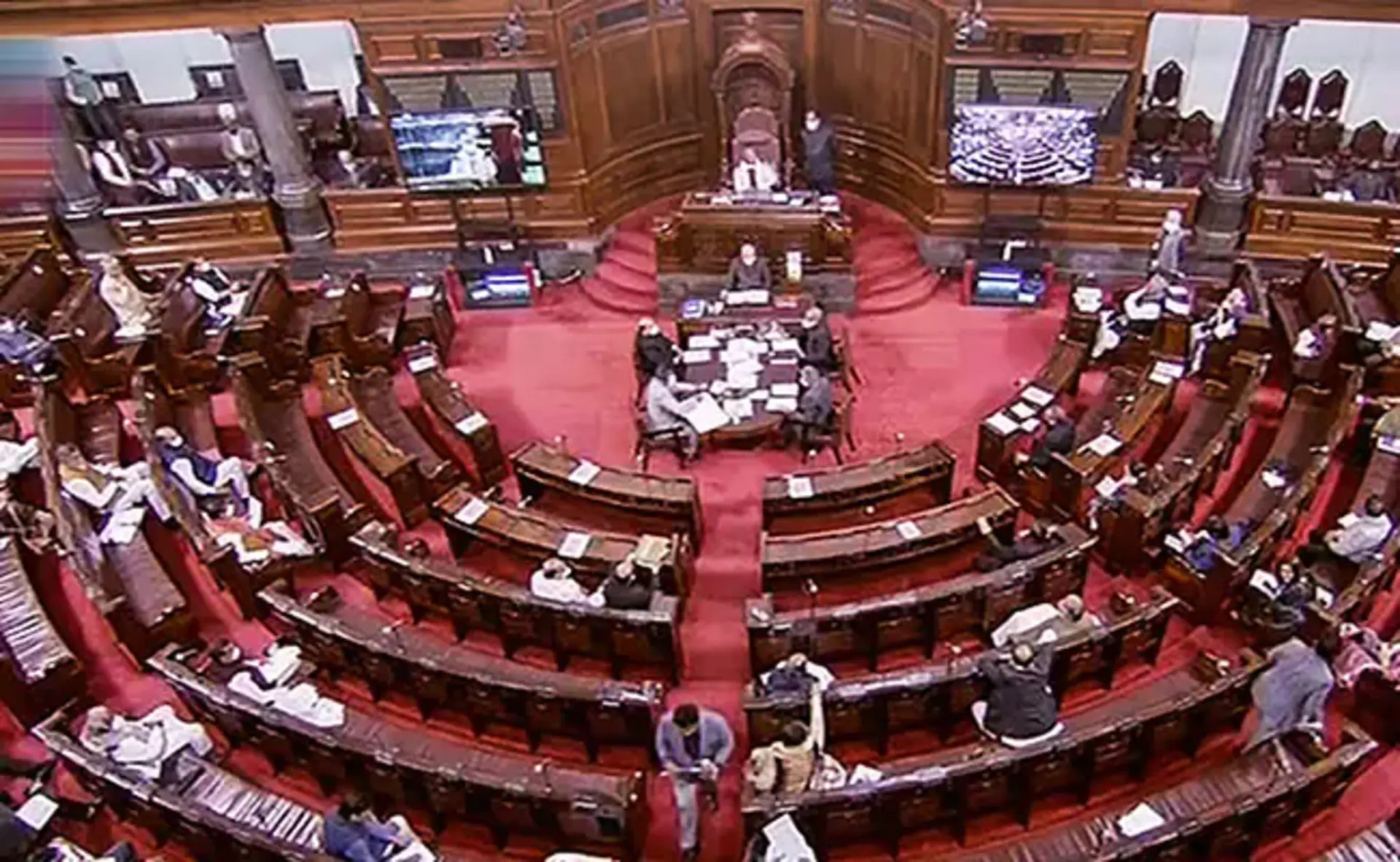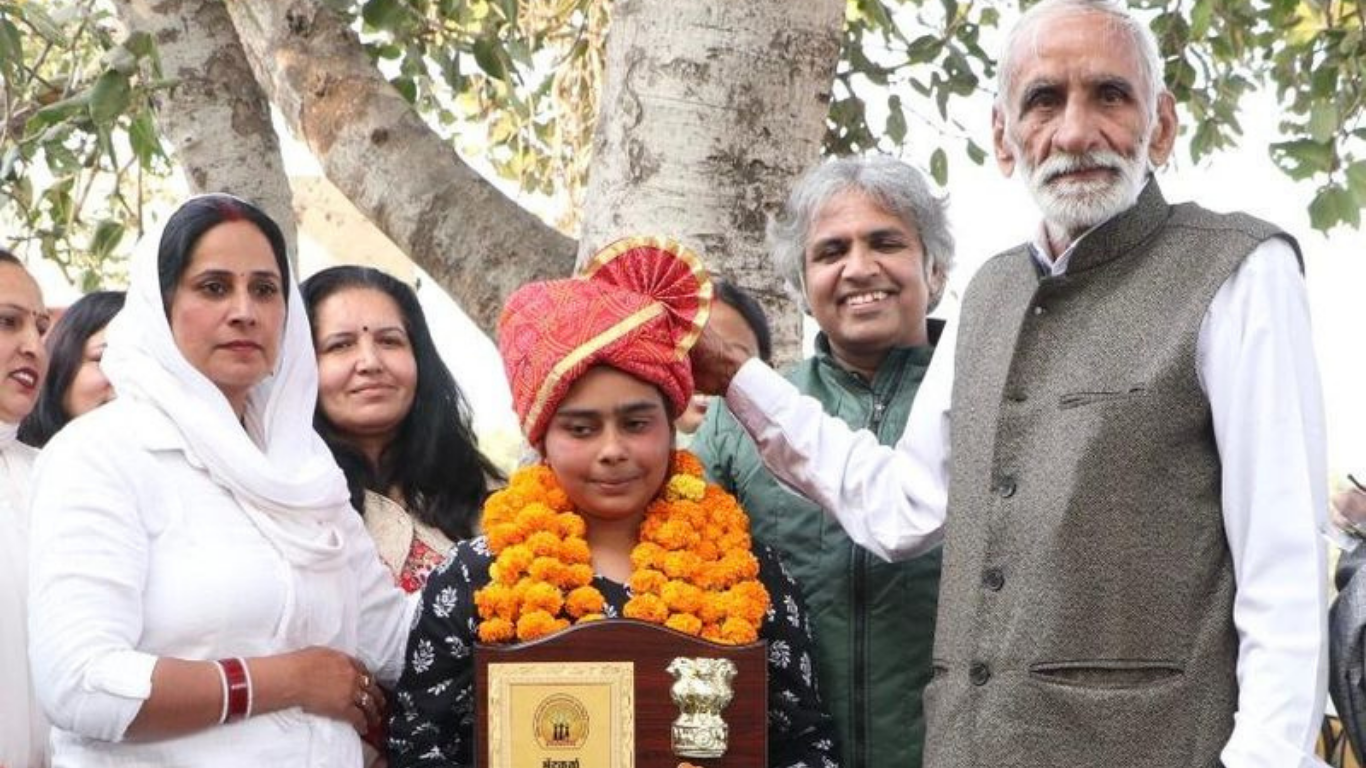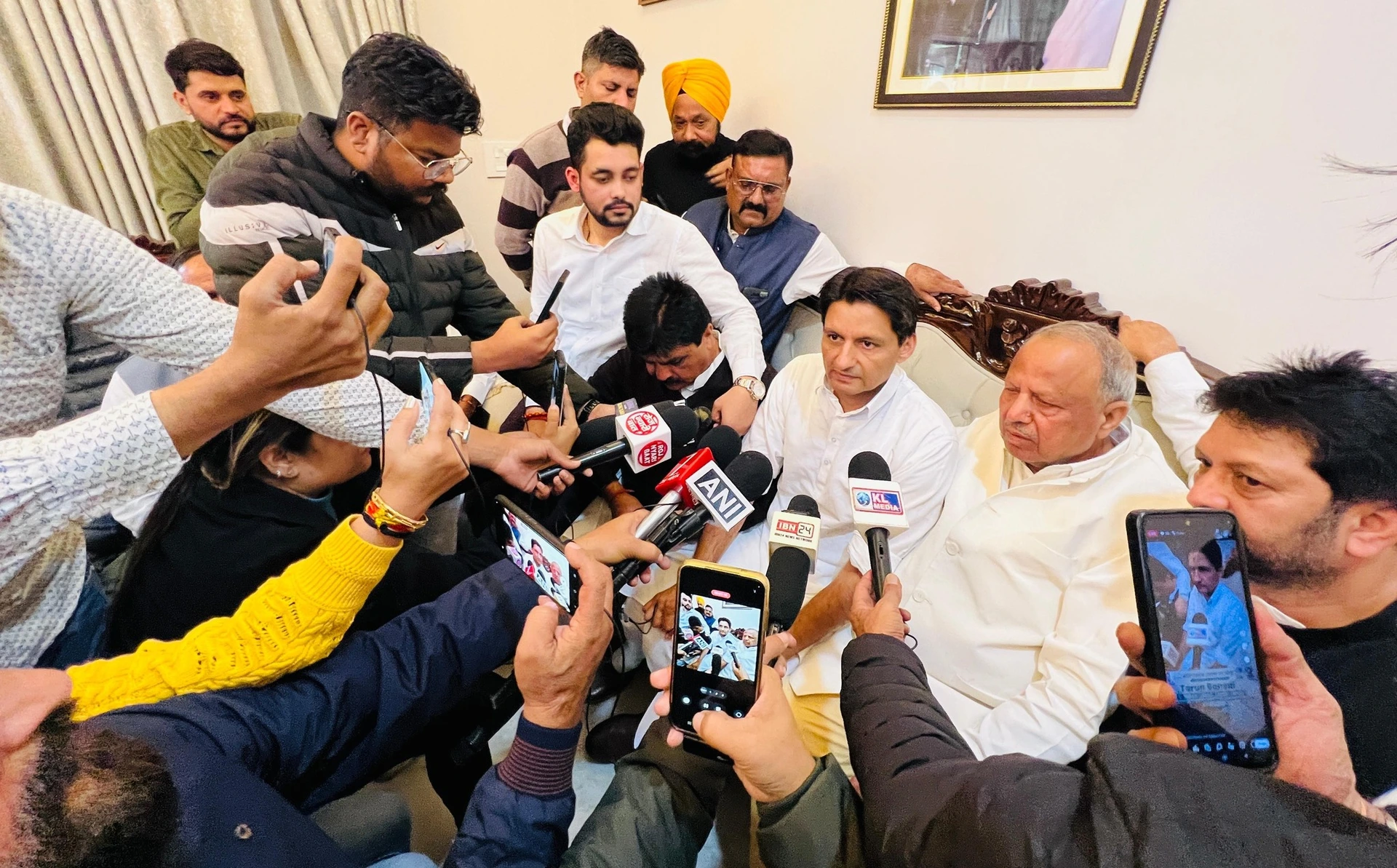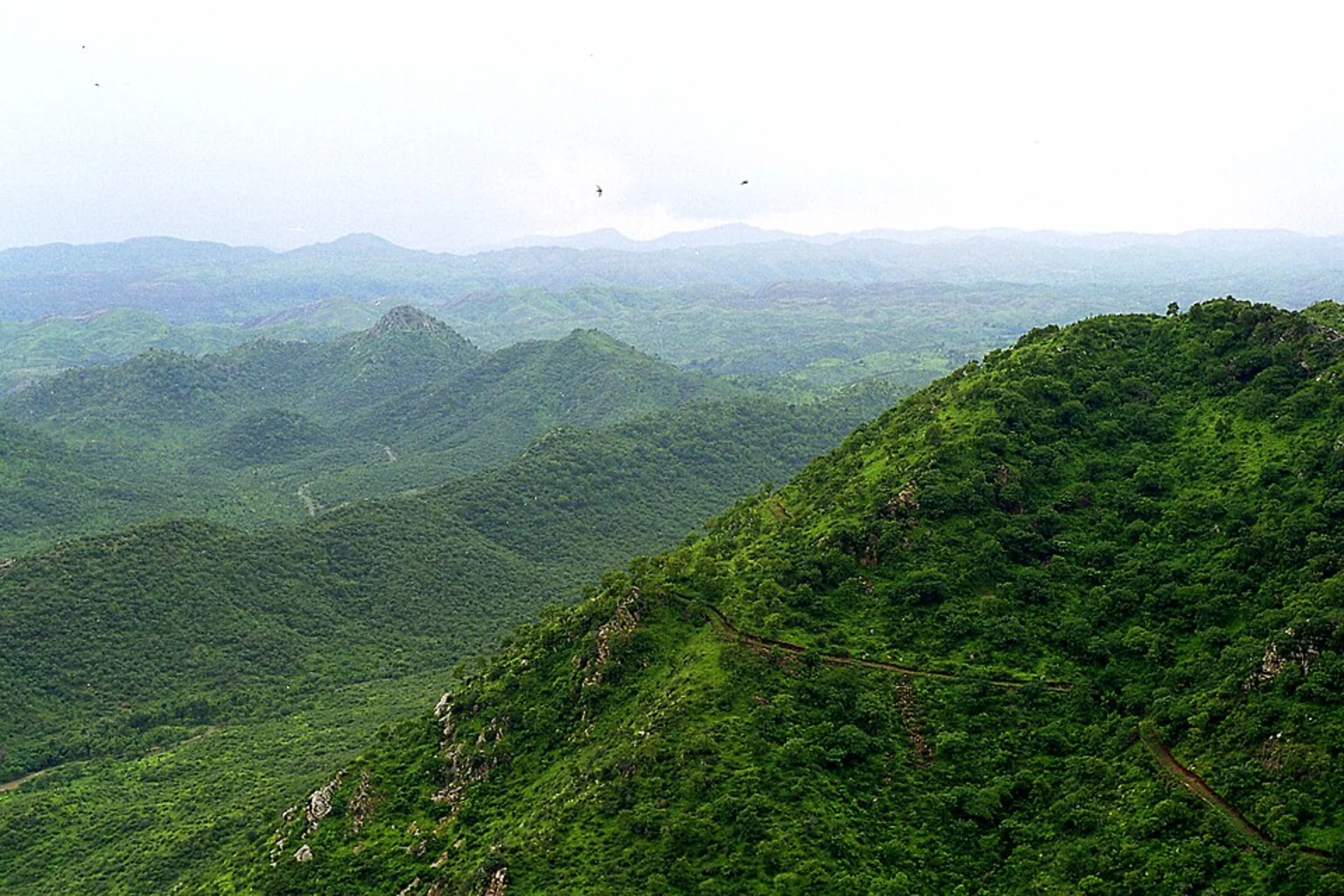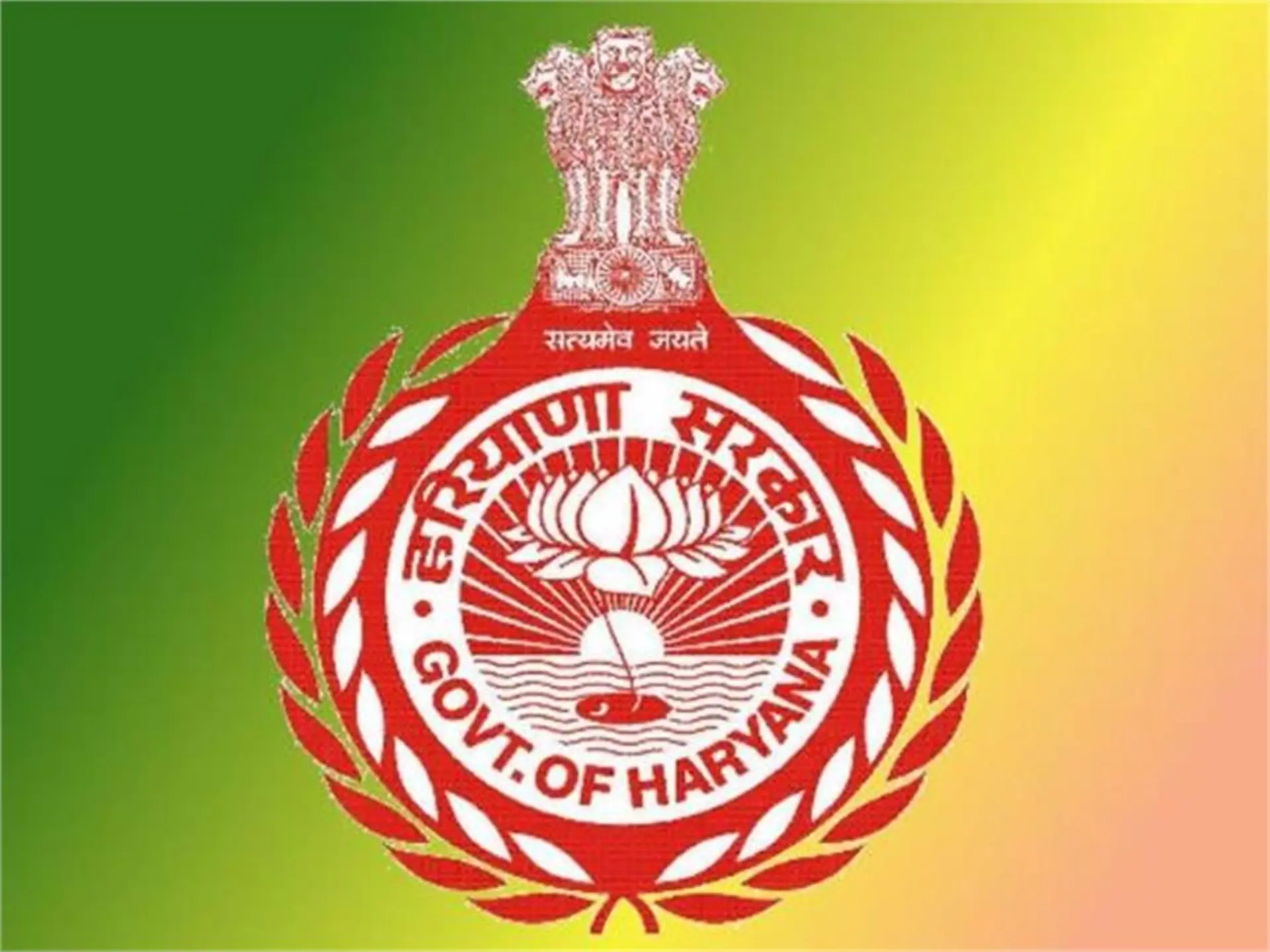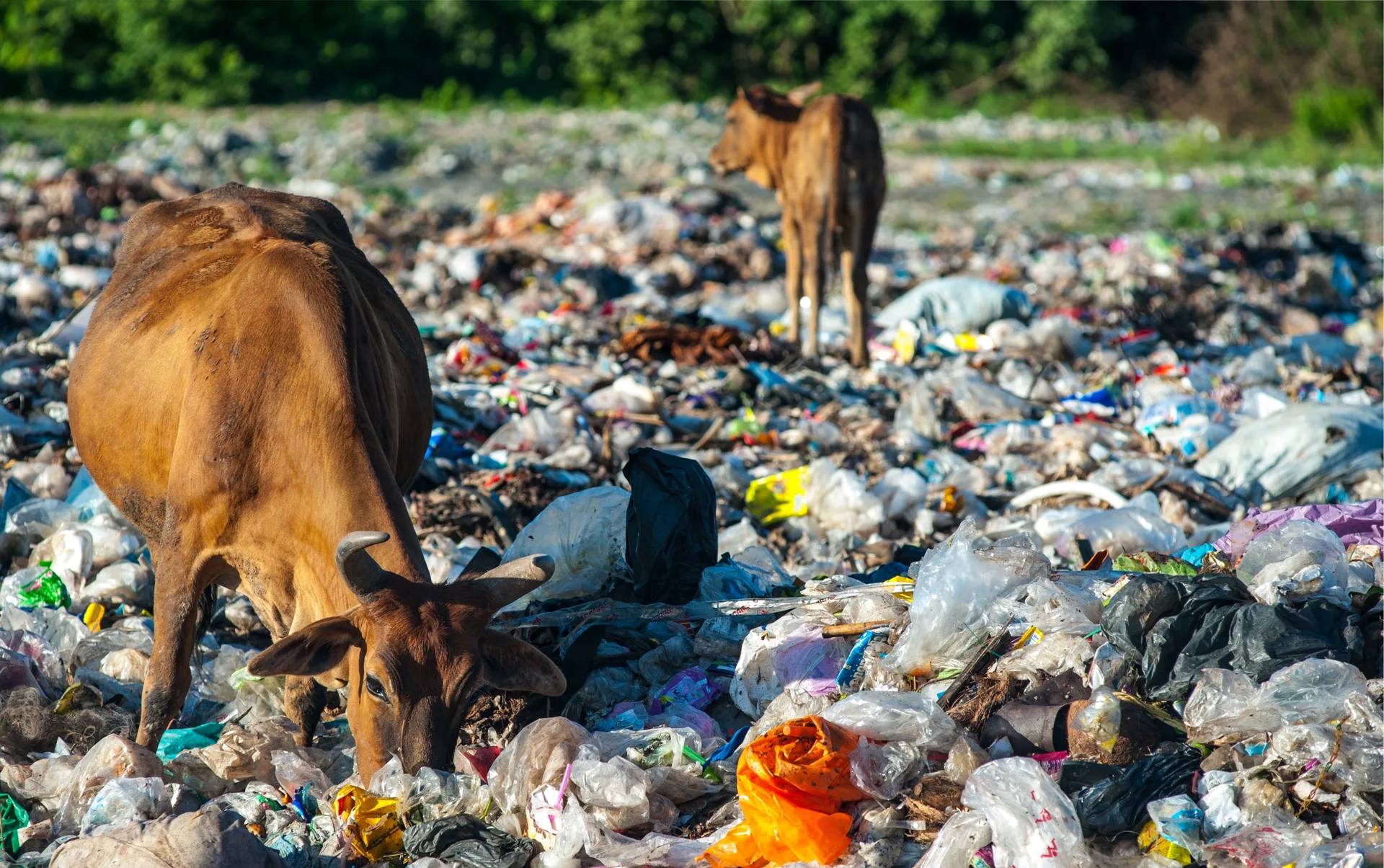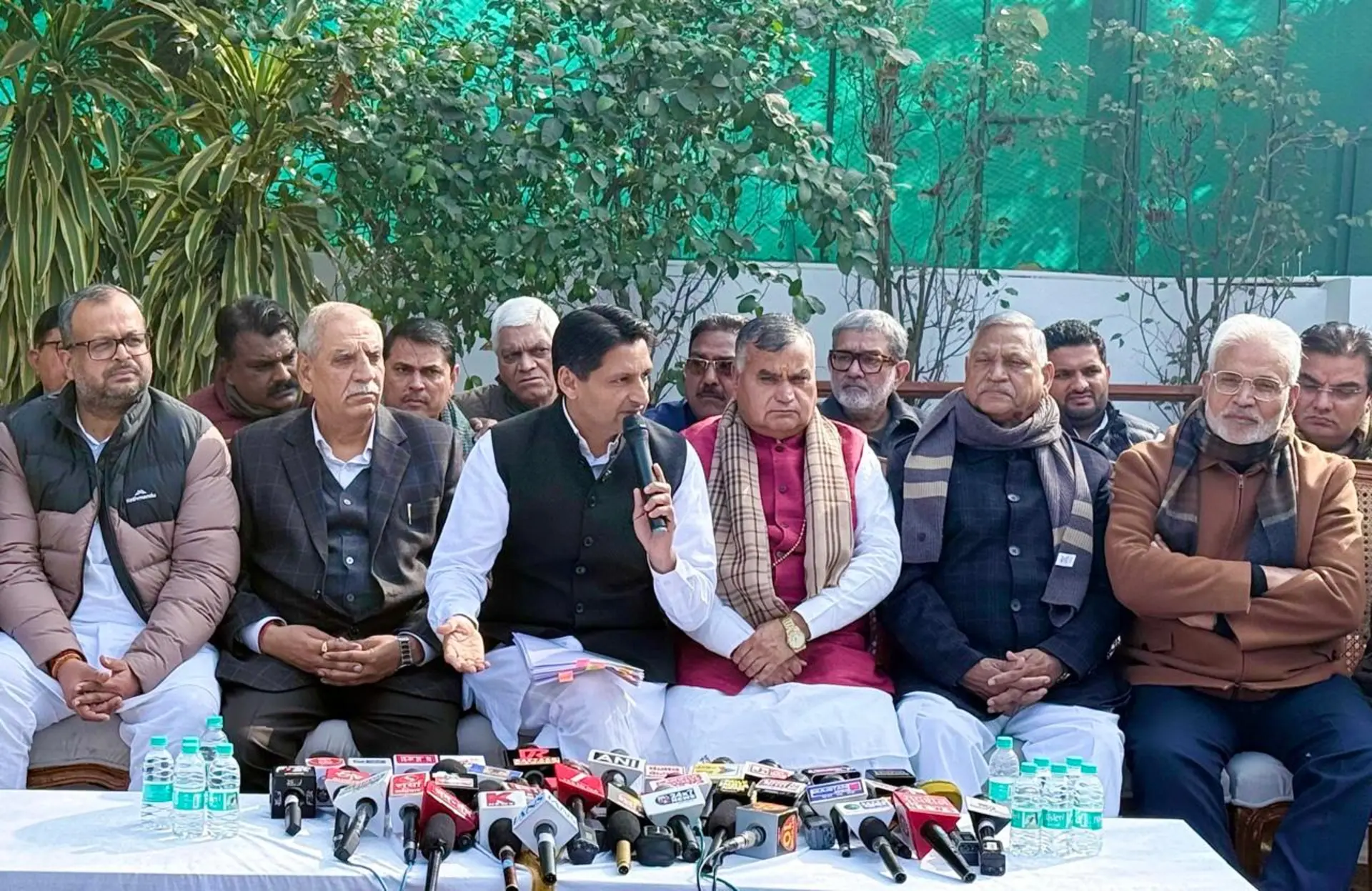
In a significant development reported by The Haryana Story, Member of Parliament Deepender Hooda has raised a crucial demand in the Indian Parliament under Rule 377. Hooda called for conducting a caste census before the upcoming delimitation process and implementing proportional reservation for Backward Classes A (BCA) in Lok Sabha and Assembly seats.
Speaking in Parliament, Hooda emphasized the importance of maintaining social and political balance after the delimitation of Lok Sabha and Assembly constituencies. He proposed that reservation for BCA should be provided based on their population, similar to the existing system for Scheduled Castes (SC) and Scheduled Tribes (ST).
Hooda stressed that a caste census is essential before the delimitation process. This census would help determine the accurate population of BCA groups, allowing for proportional seat reservation. The MP argued that such a move would increase the political participation of extremely backward classes in the democratic system.
Highlighting the significance of the BCA community, Hooda, who represents Haryana in Parliament, described them as hardworking and skilled. He noted their substantial contributions to societal development. The MP pointed out that while BCA groups have a significant presence across villages, they often lack majority status in most constituencies, making reservation crucial for their representation.
The BCA category in Haryana includes various communities such as Kumhar Prajapati, Vishwakarma, Jangda, Panchal, Dhiman, Suthar, Swarnkar Soni, Jogi, Dhobi, Kashyap, Pal Gadariya, Teli, and Kamboj, among others. In other states, these groups are often recognized as landless traditional artisans, craftsmen, and artists, categorized as extremely backward classes.
Hooda's demand brings attention to the need for more inclusive political representation in India. By calling for a caste census and proportional reservation, he aims to ensure that the BCA communities, despite their significant numbers and contributions, are not left behind in the political process.
This move, if implemented, could potentially reshape the political landscape in Haryana and other states with significant BCA populations. It underscores the ongoing discussions about representation and social justice in Indian politics.
As reported by The Haryana Story, this demand has sparked conversations about the importance of equitable representation in democratic processes. It remains to be seen how the government will respond to this call for a caste census and proportional reservation for BCA communities in political seats.
The issue raised by MP Deepender Hooda reflects the complex interplay of caste, politics, and representation in India's diverse society. As the debate continues, it will be crucial to monitor developments and their potential impact on future elections and political dynamics in Haryana and beyond.



